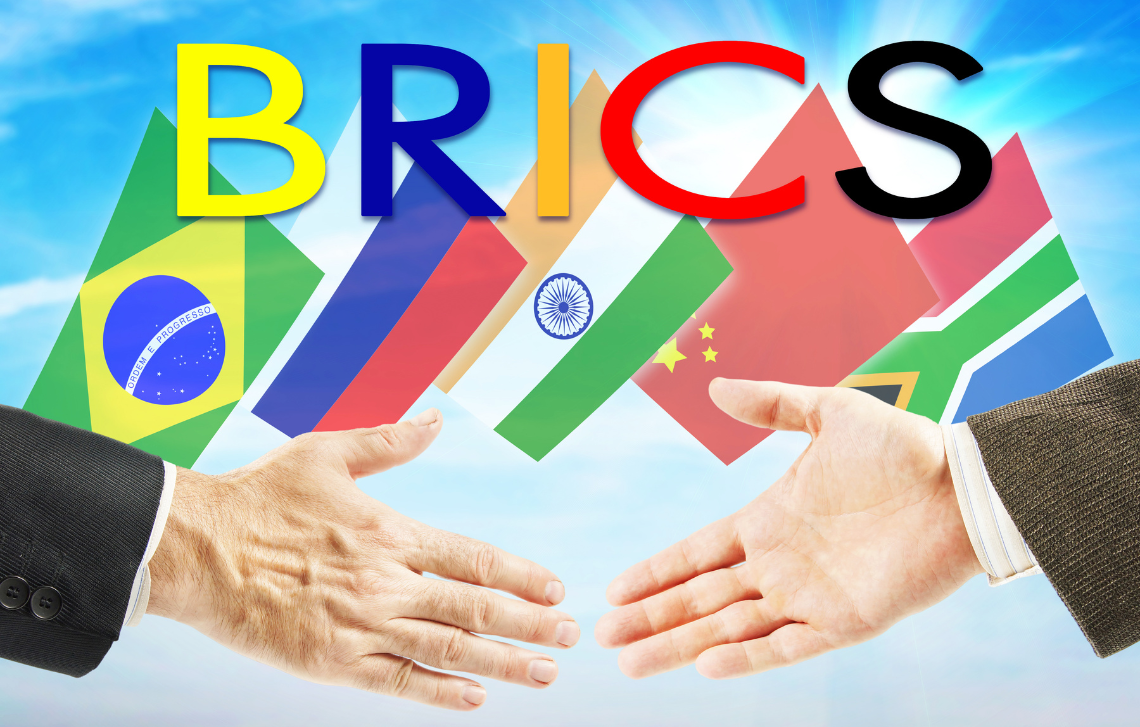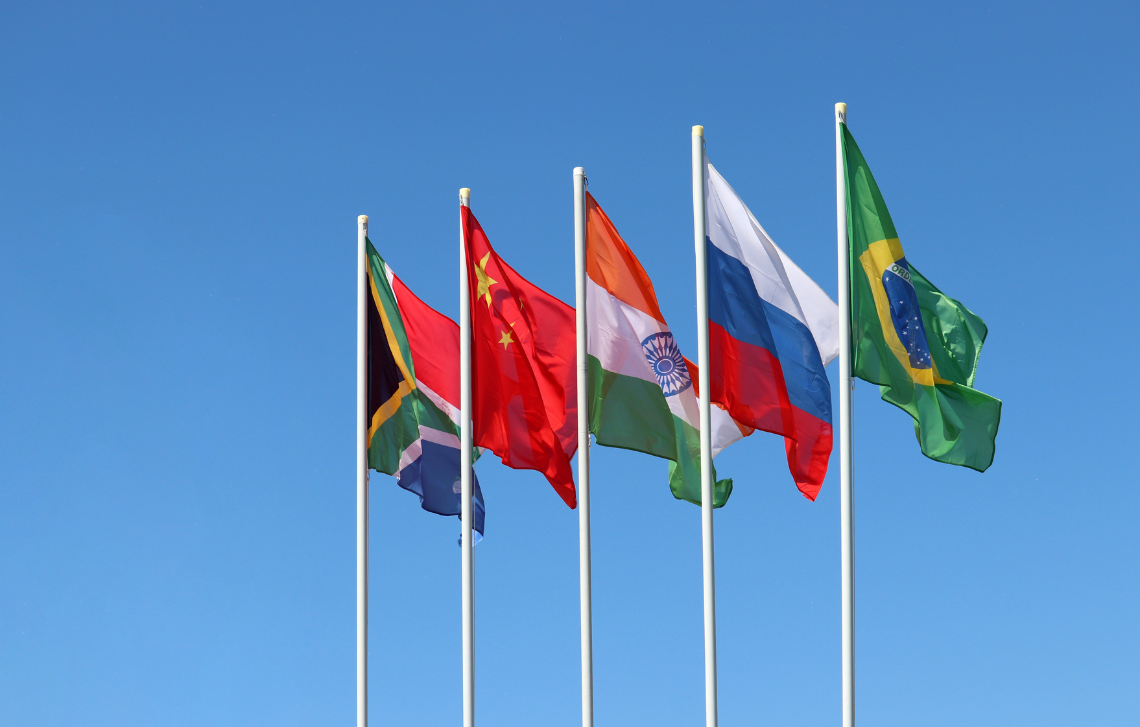Introduction:
The BRICS (Brazil, Russia, India, China, South Africa) countries are five of the world’s most powerful emerging nations. This alliance has been growing in strength since its inception in 2009 and has become an important player on the world stage. This blog post will explore what makes the BRICS alliance so powerful and how it could shape global politics and economics in the future.

Economic Strength of BRICS
The BRICS countries are some of the most dynamic and fastest-growing economies in the world. Together they account for 20% of global GDP and a quarter of global trade. They have also increased their share of international capital flows over the past decade and are now well-positioned to become major investors in other markets.
Political Cooperation between BRICS Nations
The BRICS countries have an increasing level of political cooperation through various forums such as the BRICS Summit, which meets annually to discuss ways to further strengthen mutual ties. Through these meetings, the member states have been able to foster greater trust between one another and agree on joint strategies for economic development and regional security.

Rising Influence on Global Politics
The rise of the BRICS alliance has had a significant impact on global politics. The group’s influence on international affairs has grown significantly over recent years as they have become a major voice in debates about economic policy, climate change, trade agreements, and other important issues. In addition, their strong economic growth has enabled them to increase their diplomatic clout both regionally and globally.
Advantages for Member States
The member states also gain numerous benefits from being part of this alliance. By sharing resources and expertise with one another they can increase their overall capacity for economic growth and development. Furthermore, by forming a united front they can have more leverage when negotiating with other countries or international organisations such as the United Nations or World Trade Organisation (WTO).
Potential Challenges Ahead
The BRICS alliance is by no means immune from potential challenges ahead, however. Political tensions between some members states could threaten its stability if not addressed properly while economic fluctuations could cause disruption if not managed effectively. Furthermore, there is still much work to be done by all five countries if they are to achieve true parity with more developed economies such as those found within Europe or North America .
Conclusion:
The world is changing rapidly due to advancements in technology and increasing globalisation which has given rise to new powers such as that represented by the BRICS alliance . This coalition can offer immense potential benefits both for its member states as well as for global politics more generally . Despite potential challenges that lie ahead , it will be fascinating to see how this powerful entity continues to evolve over time .


















































